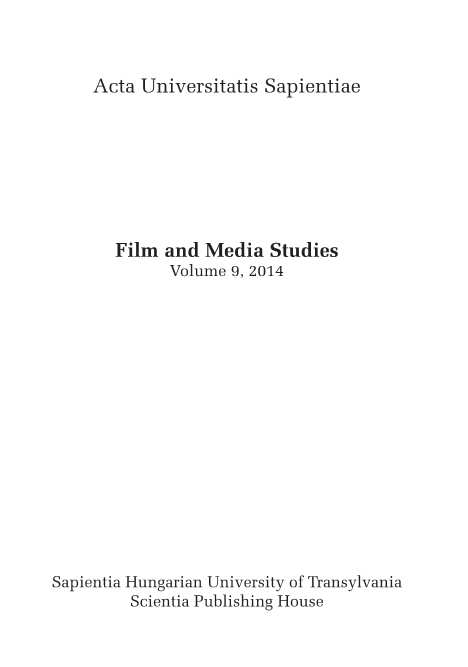Unknowable Protagonists and Narrative Delirium in American Psycho and Hotline Miami: A Case Study in Character Engagement Across the Media
Unknowable Protagonists and Narrative Delirium in American Psycho and Hotline Miami: A Case Study in Character Engagement Across the Media
Author(s): Marco CaraccioloSubject(s): Essay|Book Review |Scientific Life
Published by: Scientia Kiadó
Keywords: fictional characters; empathy; mind-reading; mental illness; unreliability
Summary/Abstract: Empathetic perspective-taking is one of the main psychological mechanisms behind audiences’ engagement with narrative (Coplan 2004; Eder 2006). What happens, however, when a story confronts us with a character whose emotions, motivations, and beliefs we fail to understand? This paper examines the phenomenon of “unreadable minds” (Abbott 2008) from a transmedial perspective: how do audiences relate to a character who defies all attempts at making sense of his or her identity despite being the main focus of a narrative? My case studies – the novel American Psycho (1991) by Bret Easton Ellis and the video game Hotline Miami (Dennaton Games 2012) – foreground two such characters: by calling attention to the opaqueness of their protagonists, they heighten the audiences’ interest in – and puzzlement at – their identity. In my comparative analysis I explore two dimensions that contribute to audiences’ sense of unknowability of the protagonists: the hallucinations and delusions experienced by both characters (an instance of what Bernaerts [2009] calls “narrative delirium”); and their extreme violence, which raises unanswered ethical questions. While bringing out the continuities between American Psycho and Hotline Miami, I also highlight how the interactivity of Hotline Miami makes the central paradox of relating to an unknowable character even more salient for the audience. In this way, I show that the video game medium has reached a level of interpretive complexity that can stand the comparison with literary fiction.
Journal: Acta Universitatis Sapientiae, Film and Media Studies
- Issue Year: 2014
- Issue No: 09
- Page Range: 189-207
- Page Count: 19
- Language: English

